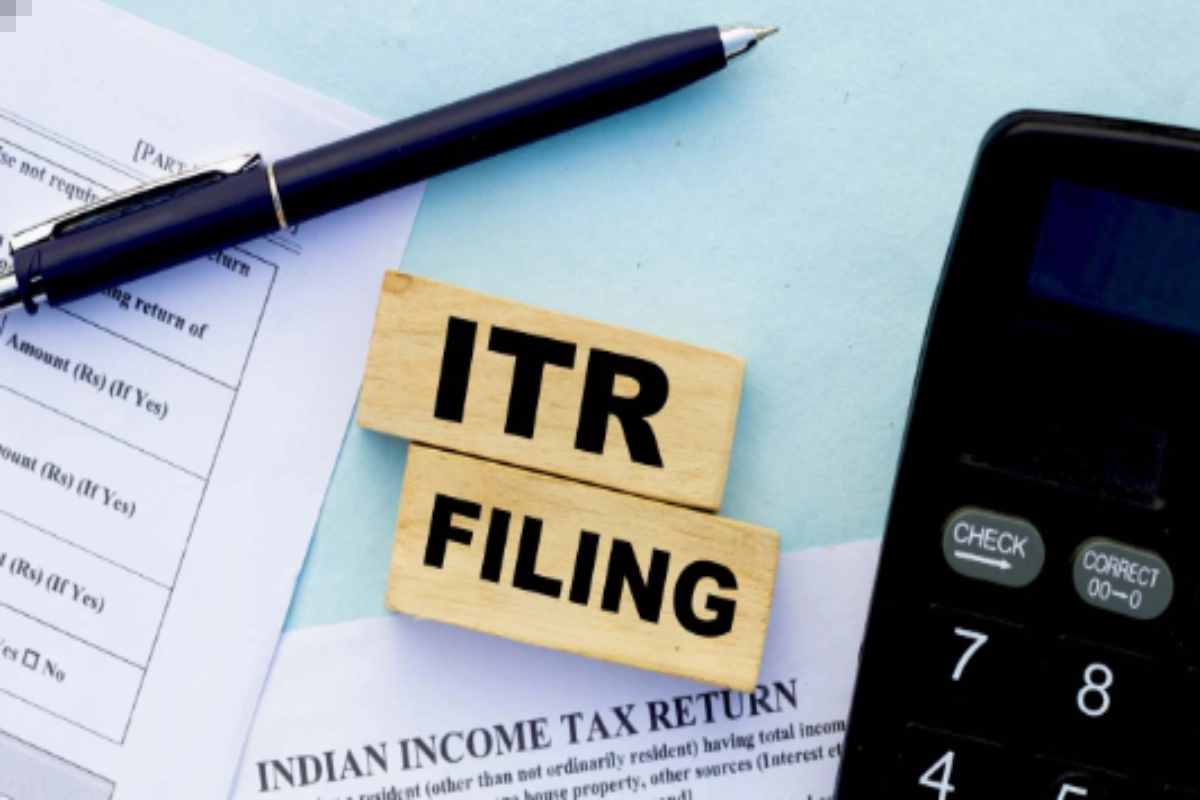Income Tax News: For taxpayers, filing Income Tax Returns (ITR) is a crucial yearly chore that guarantees adherence to tax laws and prevents fines. To guarantee accuracy and thoroughness, a few important factors must be taken into account before beginning the filing procedure.
Gather Required Documents
Taxpayers should gather all required paperwork, including their PAN and Aadhar cards, bank statements, pay stubs, Form 16/16A, investment proofs, and information about additional sources of income, before starting the filing process.
Review Payment Sources
To prevent inconsistencies, all sources of income must match the information provided in the ITR form. This step reduces the possibility of errors and ensures a hassle-free filing process.
DON'T MISS
Understand Tax Deductions
It is the responsibility of taxpayers to be informed about the deductions and exemptions that are available under the Income Tax Act, including Sections 80C, 80D, and 80G. Tax liability can be decreased and taxable income can be decreased by claiming allowable deductions.
Include All Income
Taxpayers are required to make sure that all income sources—including wages, interest, rental income, and capital gains—are fully recorded when submitting their ITRs. The income computation should include account for any interest that has been accrued.
Verify Form 26AS
A thorough overview of the tax credits that the taxpayer is eligible for is provided by Form 26AS. People should confirm Form 26AS to make sure that TDS deducted by employers and other deductors is accurately reported before submitting ITR.
Keep Track of Deadlines
It is important for taxpayers to be aware of the ITR filing dates in order to prevent penalties and interest. Depending on the taxpayer’s income sources and categorization, there are several deadlines for reporting ITRs. In addition to allowing for prompt processing and, if applicable, a reimbursement, filing before the deadline
Seek Professional Assistance if Necessary
To ensure compliance and reduce errors, people with complex financial situations or those uncertain about the filing process should obtain expert advice from tax advisors or chartered accountants.
Through adherence to these fundamental rules and proactive tax planning and documentation, taxpayers can effectively expedite the ITR filing process and meet their tax responsibilities.



